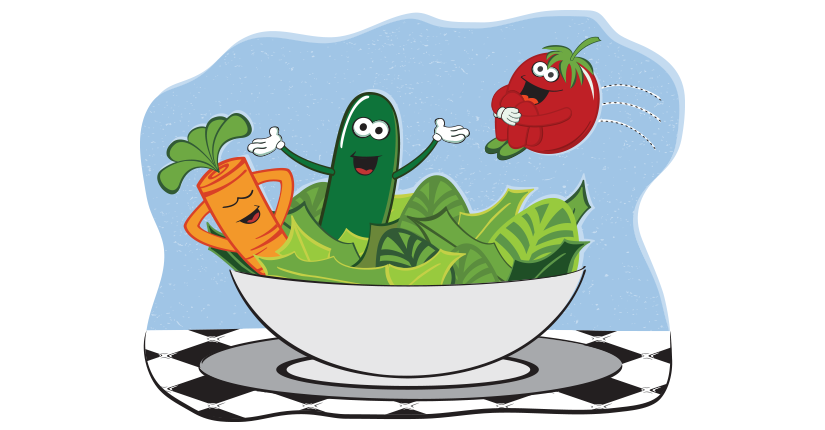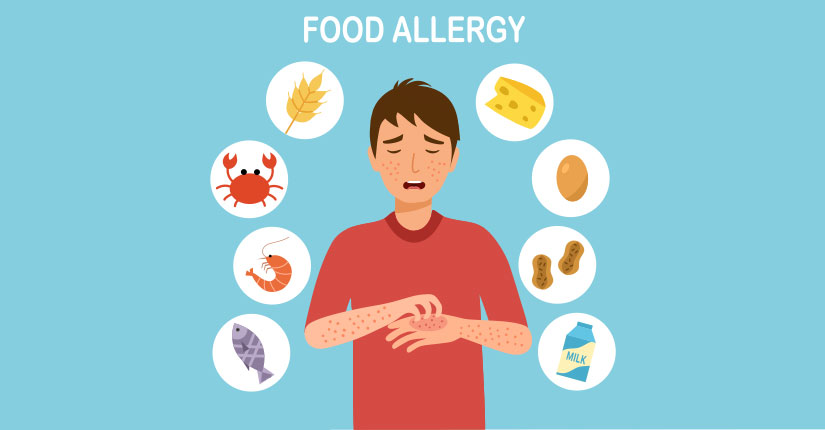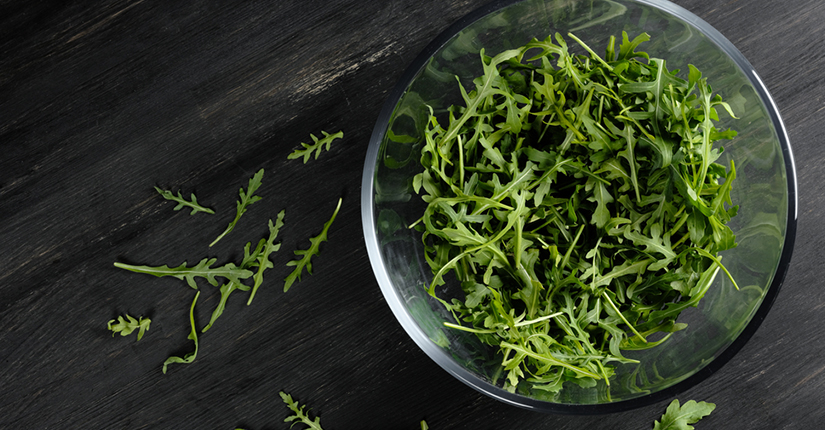Lifestyle Disease Guide – Thyroid
By Nmami Life Editorial 15-Sep 2021 Reading Time: 5 Mins

Nowadays, life has become stressful by juggling between work life and home, especially for women. Long and odd working hours and late-night shifts have led to frequent consumption of junk food. As a result, this leads to stressful situations and this being a reason; we are now more prone to lifestyle diseases. Not only old age people but even people at a younger age may develop thyroid. Thyroid related disorders are generally where there is an imbalance of thyroid hormones and affect the thyroid gland. The thyroid gland is a small, butterfly-shaped gland in the throat. Hypothyroidism or an underactive thyroid gland can slow down metabolism causing weight gain, and tiredness.
Thyroid hormones aid in growth, cell repair, and metabolism. As a result, people with hypothyroidism may experience fatigue, hair loss, weight gain, feeling cold, and feeling down, among many other symptoms.
Sometimes the thyroid gland produces too much or too little hormones. Too much production of thyroid hormone is called hyperthyroidism and may lead to speed up functioning in the body. Too little production of thyroid hormone is called hypothyroidism and may slow down bodily functioning. Hashimoto’s disease also called Hashimoto’s thyroiditis is an autoimmune disease, a disorder in which the immune system turns against the body’s own tissues. The term “thyroiditis” refers to “inflammation of the thyroid gland”. Postpartum thyroiditis is an inflammation of the thyroid gland, which causes stored thyroid hormone to leak out of the thyroid gland. At first, the leakage raises the hormone levels in the blood, leading to hyperthyroidism. It affects about 1 in 20 women during the first year after giving birth. Also, it is more common in women with type 1 diabetes.
Regular low intensity to moderate exercise can help increase a person’s metabolism to promote weight.
Here are few dietary guidelines for people suffering from thyroid!
- Eat whole eggs and lean protein like chicken in the diet.
- Restrict caffeinated drinks.
- Include fish like salmon, tuna and shrimp.
- Limit selenium and iodine supplements.
- Add vegetables and fruits like berries, bananas, oranges and tomatoes.
- Go for gluten-free seeds and grains like chia seeds, flaxseeds, rice, quinoa and buckwheat.
- Gluten, a protein found in grains like barley, wheat and rye should be avoided if you are having an autoimmune disease.
- Opt for dairy products like yoghurt, cottage cheese and milk.
- Avoid millets of all varieties.
- Goitrogens are compounds that may interfere with the normal function of the thyroid gland. It has got its name from the term “goitre,” which is an enlarged thyroid gland that may occur with hypothyroidism. Foods with goitrogens are soy foods like tofu, nuts and seeds like millets, pine, nuts and peanuts, fruits like sweet potatoes, peaches, strawberries and cruciferous vegetables like broccoli, cabbage, cauliflower, spinach and more. Hence, should be eliminated from the diet.
Over to you
No matter what disease you may have, diet always has a significant impact on the symptoms and some foods and nutrients can help or interfere with proper thyroid function. People on medications or supplements should regularly speak to their doctor regarding the best ways to manage their medication and thyroid hormone levels.


















